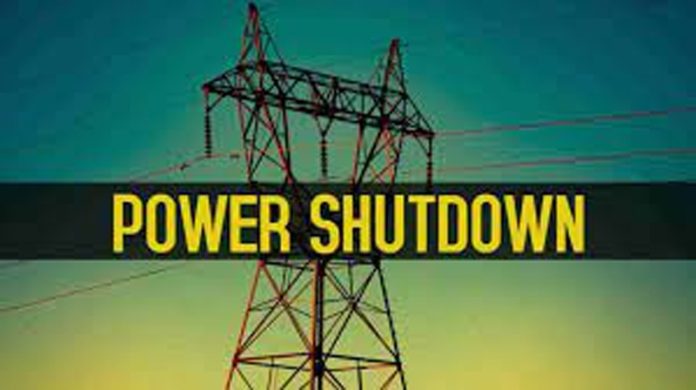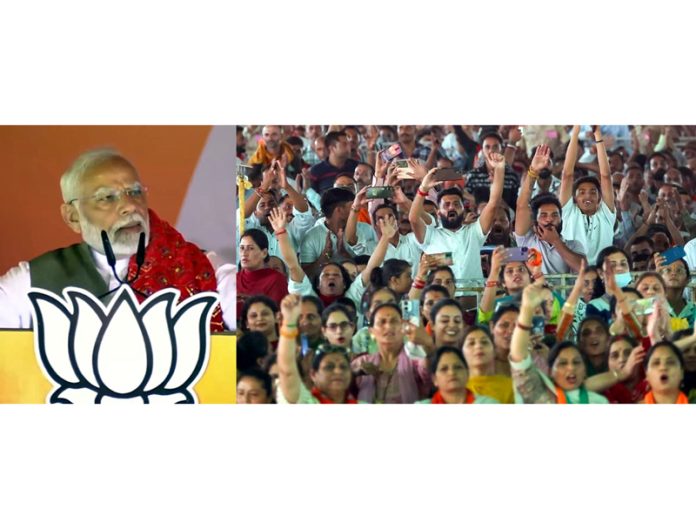
SCOTT DETROW, HOST: For years, Venezuela has been a difficult place for journalists to operate. Broadcasters in the South American nation are heavily censored by the National Telecommunication Commission, and independent news sites are often blocked by the government. Following the nation's disputed election in July, things have become even tougher for the local press, with several reporters and photographers arrested and charged with terrorism.
So to protect themselves, some journalists have turned to an unlikely ally, artificial intelligence. Manuel Rueda has the story. MANUEL RUEDA, BYLINE: These are the new voices of Venezuelan news.

(SOUNDBITE OF ARCHIVED RECORDING) AI-GENERATED VOICE #1: (As La Chama, speaking Spanish). AI-GENERATED VOICE #2: (As El Pana, speaking Spanish). AI-GENERATED VOICE #1: (As La Chama, speaking Spanish).
RUEDA: El Pana, or the friend, and La Chama, or the girl, look like your average news presenters. But they're avatars that were created with an AI program. (SOUNDBITE OF ARCHIVED RECORDING) AI-GENERATED VOICE #2: (As El Pana, speaking Spanish).
RUEDA: For the past three weeks, this digital couple has been presenting a four-minute-long newscast scripted by real journalists. The show is called "Operacion Retuit," and it's posted on the social media accounts of about 20 independent news sites in Venezuela. (SOUNDBITE OF ARCHIVED RECORDING) AI-GENERATED VOICE #2: (As El Pana, speaking Spanish).
RUEDA: The videos were initially posted in Spanish, but now there's also an English version. (SOUNDBITE OF ARCHIVED RECORDING) AI-GENERATED VOICE #2: (As El Pana) We were created by AI, but what we share is very real, verified and high-quality content created by journalists. Welcome to "Operacion Retuit.
" RUEDA: Carlos Huertas works with Connectas, an organization based in Colombia that's helping to put...
Manuel Rueda.










